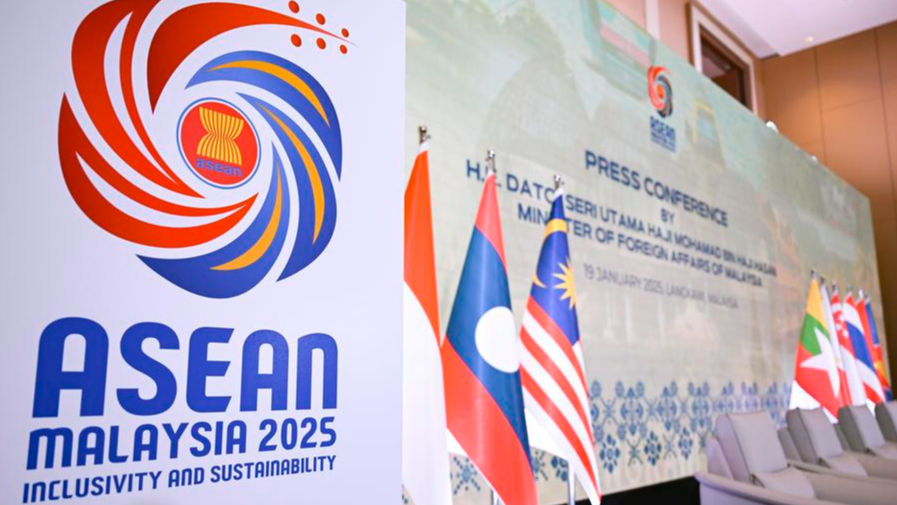
Hong Kong’s construction technology and innovative building techniques are gaining international recognition, and have attracted a Malaysian delegation to visit the city later this month.
The upcoming visit follows recent promotional efforts in Malaysia and Indonesia led by Belt and Road Commissioner Nicholas Ho Lik-chi and his 20-member delegation. They made a trip to the two nations from June 22-26, signing 21 memorandums of understanding aimed at enhancing collaboration in infrastructure and professional services across these regions.
The June visit focused on key sectors such as green technology, digital infrastructure, and standards alignment, while also strengthening trade ties with the two Southeast Asian nations.
“The Association of Southeast Asian Nations, including Malaysia and Indonesia, values highly Hong Kong’s role as a financing, professional services, and technology transfer hub,” Ho said.
“Our strengths in green finance, international standards, and smart city development align well with their rapid urbanization needs.”
Albert Cheng Ting-ning, executive director of the Construction Industry Council in Hong Kong, said there is strong interest from Malaysian construction-industry representatives in Hong Kong’s expertise. He highlighted the city’s use of modular integrated construction (MIC) — an innovative offsite building method in which modules are prefabricated in factories and assembled on-site — as a key attraction.
MIC has become increasingly popular in Hong Kong, notably in public housing projects like the Light Public Housing. It helps address construction challenges, reduces building times, and ultimately, alleviates housing shortages.
Chow Sui-ping, acting chief executive of the Building Technology Research Institute, said adopting MIC has become a major industry trend because of its cost-effectiveness, construction speed, project quality and sustainability.
“By leveraging our unique strengths — adherence to international standards and recognized infrastructure capabilities — Hong Kong is well-positioned as a platform to promote this advanced construction technology to broader global markets, particularly in Southeast Asia,” he said.
ALSO READ: HK to promote infrastructure, construction services in Indonesia, Malaysia
Cheng agreed, saying, “Through this exchange, we have established deeper connections, paving the way for our professional services, construction technologies, and specialized equipment and materials to unlock significant business opportunities.”
The Hong Kong delegation also highlighted opportunities for the city’s small and medium-sized enterprises and startups. One Hong Kong company specializing in heat-resistant coatings secured an agreement with Indonesian partners during the recent visit.

Michael Lai Cheuk-pun, president of the Hong Kong General Chamber of Small and Medium Business, said that recent engagement with Indonesian and Malaysian government agencies and business associations has led to the establishment of strategic connections. Such collaborations not only benefit Hong Kong enterprises but also facilitate access for Chinese mainland firms into Southeast Asian markets through Hong Kong.
“Traditionally, ASEAN has been viewed primarily as a trade transit hub. However, I believe today’s ASEAN, and even more so the ASEAN of the future, is transforming from being merely a manufacturing workshop into a vibrant consumer market, and evolving from a trade intermediary into a final destination for commerce,” Ho said.
He said such a transformation presents significant advantages for Hong Kong companies operating in ASEAN, particularly in green development initiatives and digital economy projects under the Belt and Road Initiative.
Looking ahead, Ho revealed plans to explore opportunities in the Middle East, Central Asia and other ASEAN member states with the aim of leveraging Hong Kong’s strengths in financial services, legal expertise and international project management.
READ MORE: HK a key hub in BRI’s digital, green development
“Our goal is to create a two-way flow — helping Chinese mainland and Hong Kong enterprises ‘go global’, while attracting international projects to Hong Kong for financing and professional support,” he added.


